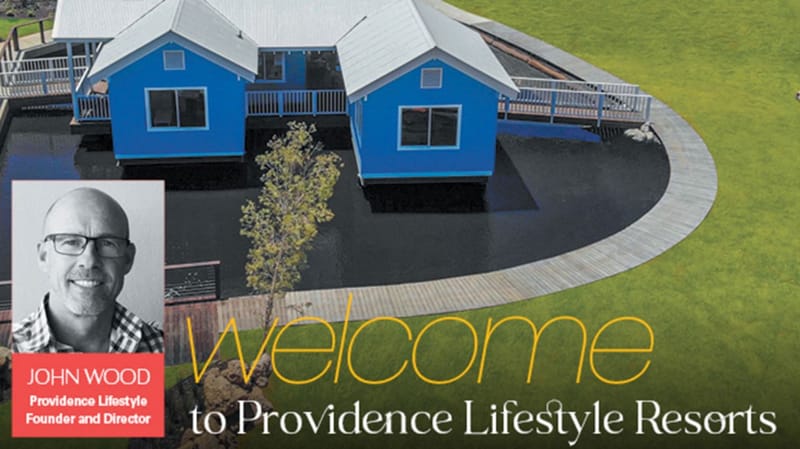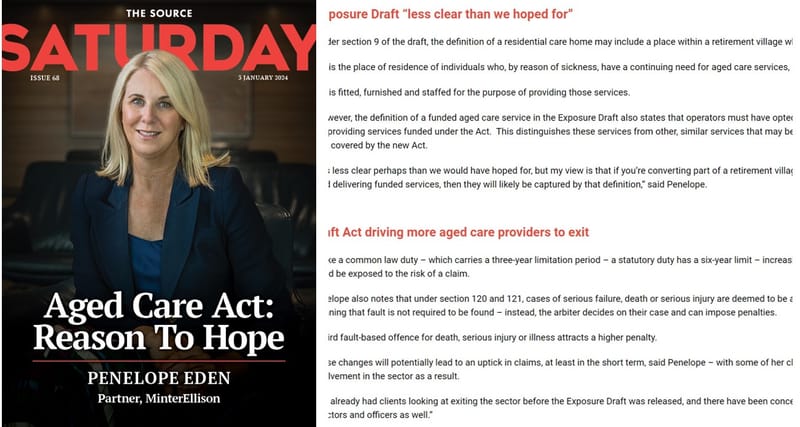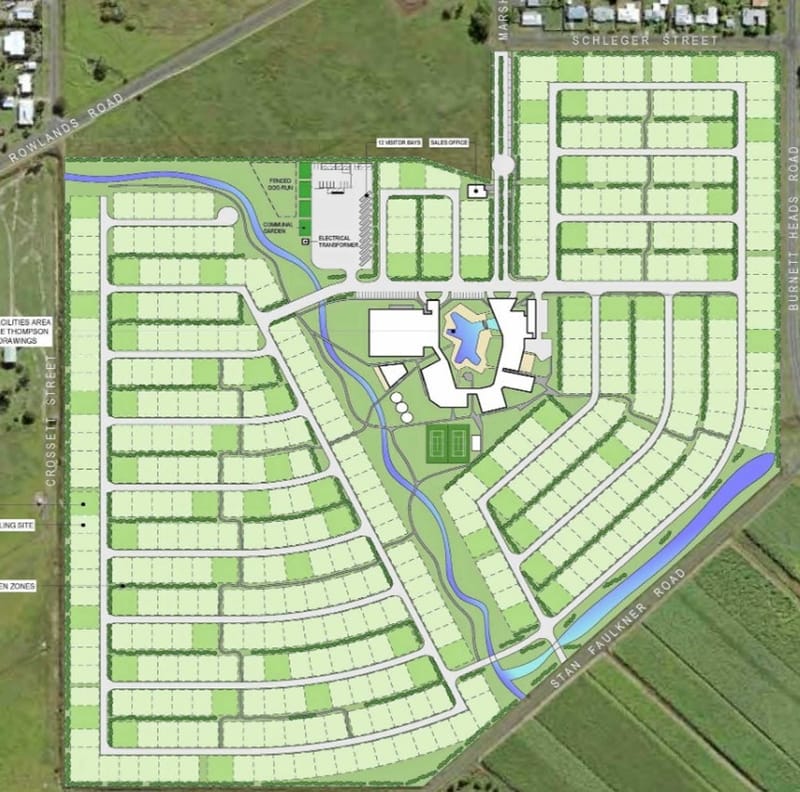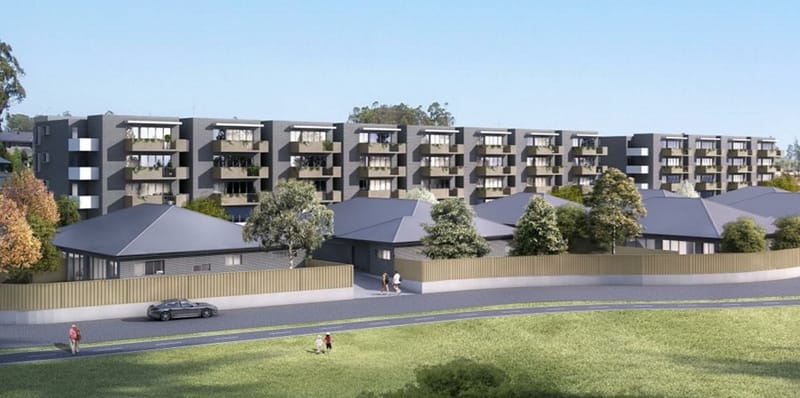$150,000 on N95 masks: Anglicare’s Grant Millard says Government funding failing to meet cost of tackling COVID-19
The CEO of the Not For Profit since 2016, the experienced executive (pictured above) has 23 retirement villages, 22 aged care homes, home care services plus community services under his leadership. Grant says he is facing a number of challenges he...
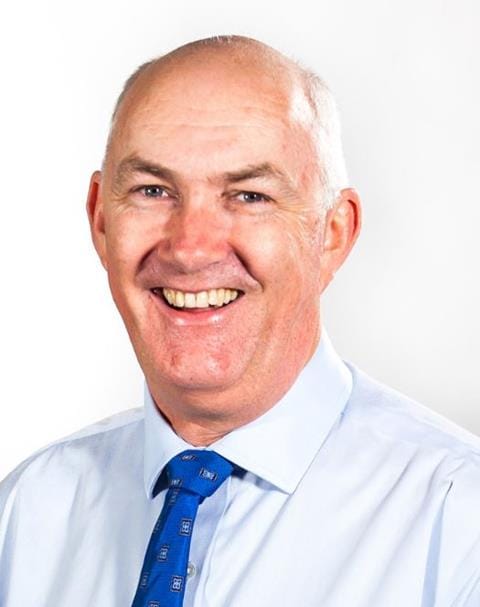
The CEO of the Not For Profit since 2016, the experienced executive (pictured above) has 23 retirement villages, 22 aged care homes, home care services plus community services under his leadership.
Grant says he is facing a number of challenges he is sure will be familiar to other operators, including equipping their organistaion for an extended crisis that will last at least six months.
“The level of energy that’s being burned is incredible,” he said, acknowledging staff will not be able to sustain this extended effort for months on end.
Anglicare is also working to build confidence in staff at the direct care level in their skills and training to deal with an outbreak and the associated isolation of residents and concerns from family.
Outside of the aged care and retirement living space, they are also facing issues with providing food and financial assistance through their community services with their foodbank running out of resources and most of the casual workers they help not being eligible for the Government’s $130 billion JobSeeker payment.
The CEO also has concerns for the coming months – namely, the adequate supply of PPE for an actual outbreak.
While Grant says their supplies are adequate for an initial outbreak, they have also sought to buy additional supplies from unusual places – including overseas (not China) – citing the example of BaptistCare and its use of 800 sets of PPE a day to address its outbreak.
He also believes many readers may have overlooked how to deal with an outbreak in their retirement villages where there is less staff at the village level.
“If you have got an RN and a village manager taken out, where do you draw on people in order to manage at a village level?” he asked. “Not a lot of us operate at surplus capacity.”
Secondly, Grant pointed to the need to not ignore the role of clinical care and consider how they will deal with issues such as skin checks and lack of exercise resulting in more falls while residents are in isolation.
“When you are operating in crisis mode, you cannot take your eyes off of the 24/7 operations,” he said.
Finally, Grant says he is deeply concerned by what he calls the continued failure of the Government to recognise the precarious financial position of providers – even as they incur more costs due to the virus.
He says while lockdowns are solely motivated to protect frail residents – and are generally applauded by families – they do come at a cost, for example, the need to engage more lifestyle staff because of reduced visitation.
“The $52.9 million funding [to support providers during an outbreak] is only going to help if you’ve got an actual outbreak or resident in isolation,” he said, labelling it a “perverse outcome” – because providers receive nothing if they manage to prevent an outbreak in their homes.
“Mainstream residential care is going to be hurting on the costs side,” he added.
We are sure other operators are feeling this pain.


